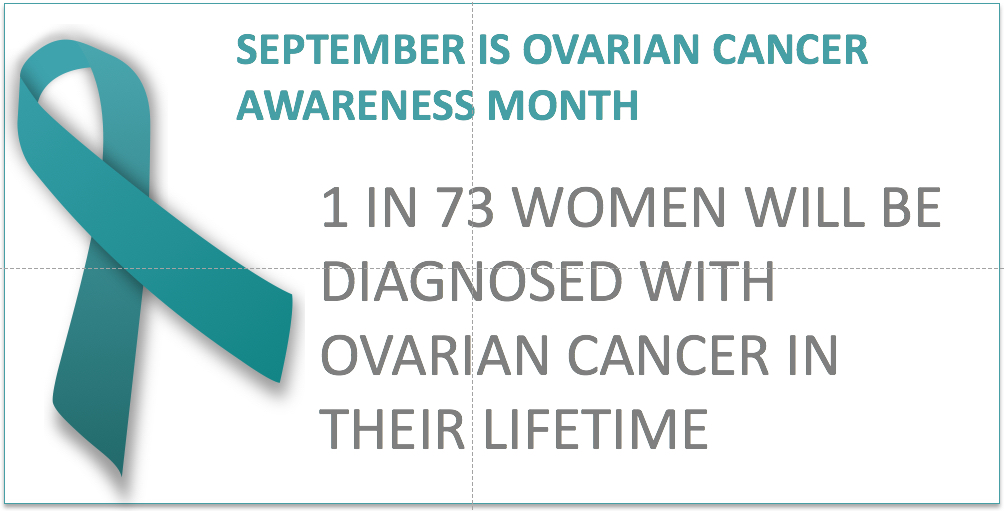 PS Productions/Photospin
PS Productions/Photospin
If you are going to have chemotherapy for cancer you may be concerned how this will affect your sex life.
Often, it is difficult to discuss this intimate subject with medical professionals so it isn’t given the attention it deserves.
There are several ways chemotherapy can affect sex. They are:
· Making you too tired for any intimacy
· Making you too nauseated
· Depression caused by chemotherapy-induced fatigue or worries about cancer
· The effects of the actual cancer making you feel ill
· Feeling unattractive after cancer surgery
· Failure to get an erection in male chemotherapy patients
· If a woman has also had radiotherapy to her vaginal this may cause vaginal narrowing and pain or prevent penetration
· You may have genital thrush due to a weakened immune system caused by chemotherapy and this will make intercourse painful
· Vaginal dryness caused by hormonal changes resulting from chemotherapy
Some medical professionals believe that chemicals from the chemotherapy may break down in the body and be present in trace amounts in semen or vaginal secretions. This may result in soreness or discomfort for your partner when they come into contact with them, although the medical evidence for this is poor.
If you are female and you have had surgery and/or radiotherapy to your pelvis as part of your cancer treatment you should ask your oncologist or specialist cancer nurses before you resume penetrative sex as it may not be safe.
If you have been given medical approval to resume, then you should use condoms to prevent potential soreness in your partner and also because in premenopausal women it may still be possible to get pregnant even though you are having chemotherapy.
If you have genital thrush you may also transmit it to your partner via unprotected sex.
If you aren’t feeling well enough to attempt intercourse, it is important to communicate this to your partner.
Most are understanding about it but since they aren’t going through the treatment themselves and aren’t suffering the side effects, it can be difficult for them to comprehend how you feel.
If you or your partner find it difficult to discuss sex, you could ask your oncologist if there is any counselling service for cancer patients at your hospital so that a professional third party can help you discuss this sensitive issue together.
Other options are agreeing on a period of abstinence. You may decide that you just can’t face it and wish to postpone it until after you have recovered from chemotherapy.
You might opt for cuddling and kissing instead of sex (this option can help maintain loving feelings). Or you might choose to have other forms of sex such as oral sex or masturbation in the place of full penetration.
You could also consider adjusting your positioning so you don’t have to physically strain yourself during intercourse. This may be enough to improve your energy levels.
If you are feeling sick, choose a position where your partner doesn’t have to lie on your stomach.
If you think you have thrush, see your doctor as he or she can give you antifungal medication to clear it up and this will avoid needless pain during intercourse.
Sexual lubricants such as K-Y Jelly can be used to avoid vaginal dryness and associated pain.
If you have had radiotherapy to your vagina, using vaginal dilators (similar to tampons) regularly can help prevent narrowing and break up any scar tissue that may be forming. You can get these from your gynecologist.
If your man has had chemotherapy he may find it difficult or impossible to get an erection as this is another side effect of chemotherapy. You may need to abstain until he has fully recovered from treatment before trying again.
Depression about cancer or post-chemotherapy fatigue can also cause this problem.
If it persists, please get him to see a doctor as there are medical options to treat erectile dysfunction.
There are medications that a doctor can give him by prescription or injections that can be given directly into the penis to cause an erection. His doctor can teach him how to give these injections himself at home.
If he isn’t keen on this idea, there are pellets that can be inserted into the penis or tablets he can take by mouth.
Most post-chemotherapy sexual problems can be solved and there are many treatments available to help you continue to have a satisfying love life.
Sources:
Coping with Chemotherapy, Dr. Terry Priestman. Sheldon Press, 2005. ISBN no. 978-0-85969-949-5.
Coping with Radiotherapy, Dr. Terry Priestman. Sheldon Press, 2007. ISBN no. 978-0-85969-999-0.
Reviewed October 30, 2012
by Michele Blacksberg RN
Edited by Jody Smith





Add a CommentComments
There are no comments yet. Be the first one and get the conversation started!